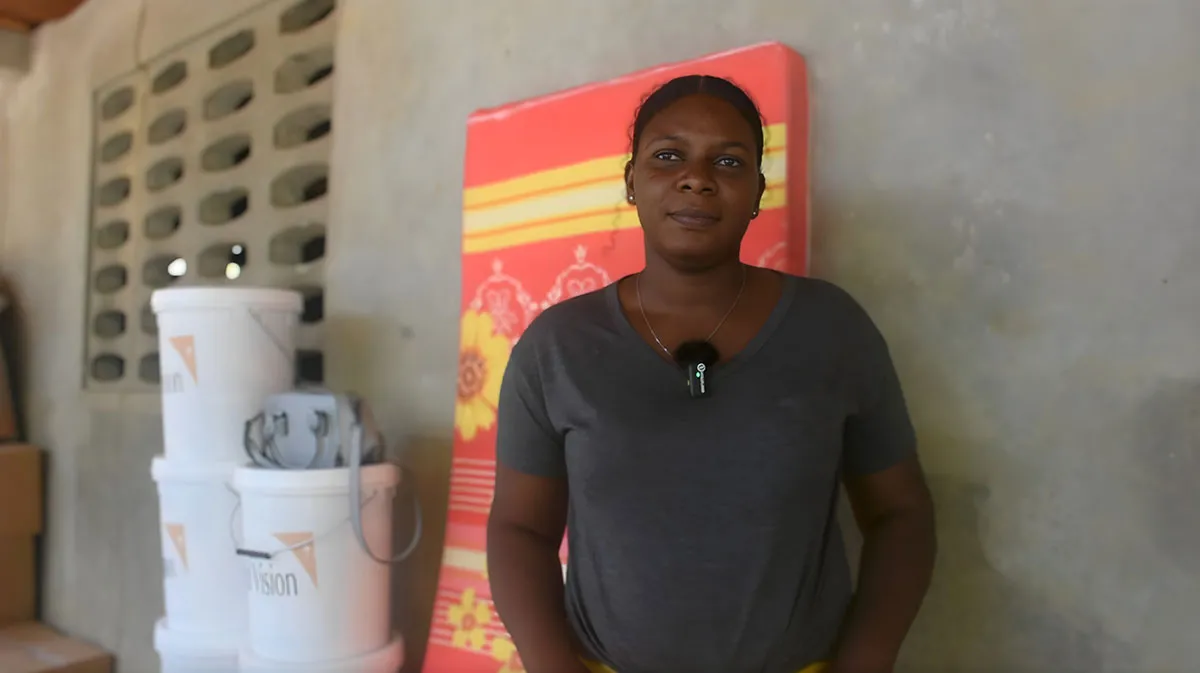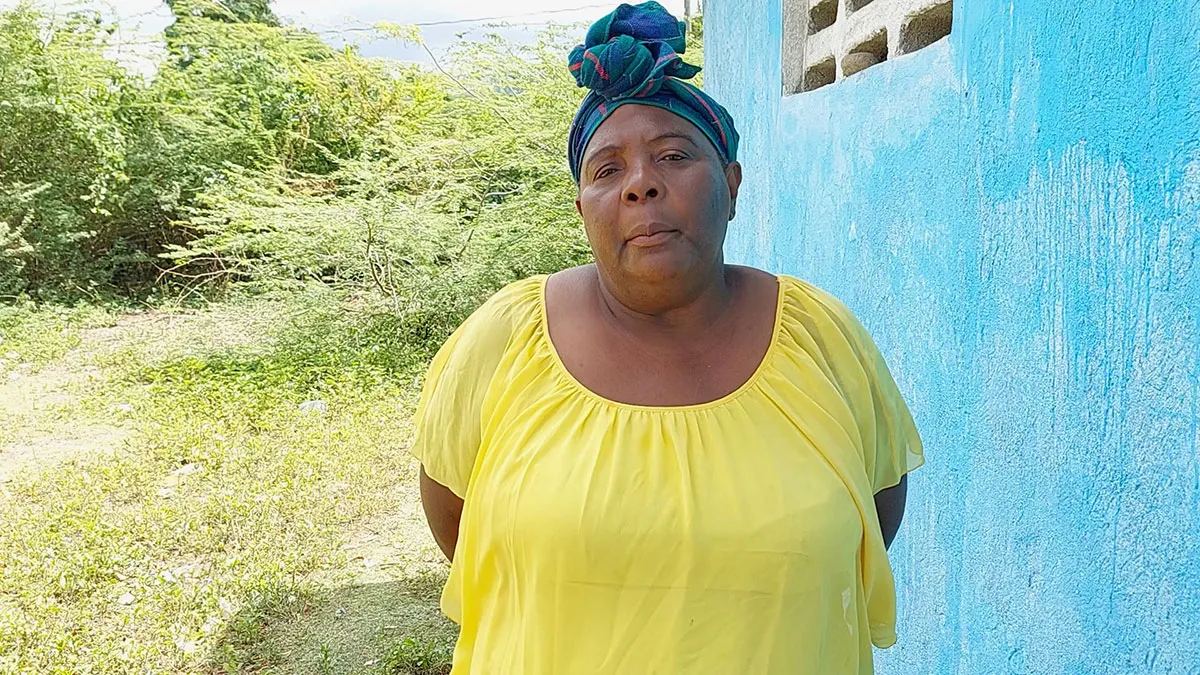Port-au-Prince, Haiti, September 30, 2024 – Haiti is grappling with one of the world’s worst hunger crises, with nearly half the population, or over 5 million people, facing acute food insecurity or worse.
In response, a collective of leading humanitarian and development agencies, including Action Against Hunger, ActionAid, CARE, Mercy Corps, Concern Worldwide, World Vision and Save the Children alongside the NGO platform CLIO, is urgently calling on the international community to increase funding, ensure safe and unfettered humanitarian access for aid delivery, and ultimately find sustainable pathways to peace. Without immediate action, the hunger crisis in Haiti will continue to deepen, with devastating consequences for millions of vulnerable people.
According to the latest IPC analysis, 5.4 million Haitians are suffering from acute food insecurity, with 2 million—about 18% of the population—experiencing severe hunger. Of this group, 6,000 individuals are facing catastrophic levels of food insecurity.
Violence and security crisis means that people in Haiti cannot access and afford food
In the 1980s, Haiti’s food production was self-sufficient. In 2014, only 2 per cent of Haiti’s population was food insecure; today, that number has surged to nearly 50 per cent of the population, making it one of the top 10 crises in the world. In the past year, the situation deteriorated further, with another 1.2 million people plunged into food insecurity.
Angeline Annesteus, president of CLIO, explains: “What we’re witnessing in Haiti isn’t a food shortage—it’s a hunger crisis. While markets may still have food, violence and inflation have driven prices out of reach for millions. Families are caught in a cycle of desperation, and urgent action is needed to break it.” Up to 90 per cent of the capital city of Port-au-Prince is controlled by armed gangs and prices of food baskets have soared. People are struggling to access and afford nutritious food.
With road access cut off by gangs, many humanitarian organizations are struggling to deliver aid. “Supplies from southern Haiti, a key region for food distribution, have been blocked for months. The cost of food has skyrocketed as trucks are forced to pay high bribes to pass through. It is difficult for local farmers to buy and sell agricultural products on the main markets, due to road closures between Port-au-Prince and the provinces,” shares one humanitarian worker.


